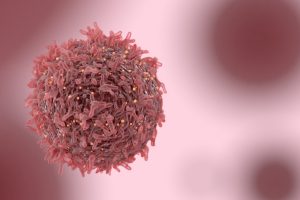The US FDA has approved a second biosimilar of Roche’s breast cancer drug Herceptin (trastuzumab): Celltrion’s Herzuma, to be marketed by Teva.
In 2016, Israeli firm Teva Pharmaceutical Industries expanded its biosimilar portfolio by teaming up with Korean drugmaker Celltrion. The $160 million (€141 million) deal gave Teva the US rights to versions of Roche’s Rituxan (rituximab) and Herceptin.
The former received US Food and Drug Administration (FDA) approval last month, and now the latter has been given the regulatory thumbs up for the treatment of adjuvant and metastatic breast cancer.

Herzuma approval is the second oncology biosimilar success for Celltrion and Teva in the US. Image: CIPhotos
A Teva spokesperson could not comment on the launch timing for Herzuma. “We are evaluating the pricing environment and will announce a price at launch,” BioProcess Insider was told.
“Biosimilars are of growing importance to the oncology community and the approval of HERZUMA may provide more patients access to this important therapy,” said Woosung Kee, Celltrion’s CEO.
“This is our second oncology biosimilar approval in the United States in the past month, which reinforces the goal for all of our approved products – providing broader treatment options for patients and the providers who treat them.”
Herzuma’s approval came on the second attempt for Celltrion after the firm received a complete response letter (CRL) in April, citing an FDA warning letter highlighting “multiple poor aseptic practices” at Celltrion’s production site in Songdo, Incheon where the product is made.
The product becomes the sixteenth biosimilar to be approved in the US, the third US success for Celltrion – the firm manufactures Pfizer’s Remicade (infliximab) biosimilar, Inflectra – and the second US trastuzumab biosimilar. In December 2017, the FDA approved Mylan and Biocon’s Ogivri (trastuzumab-dkst).
